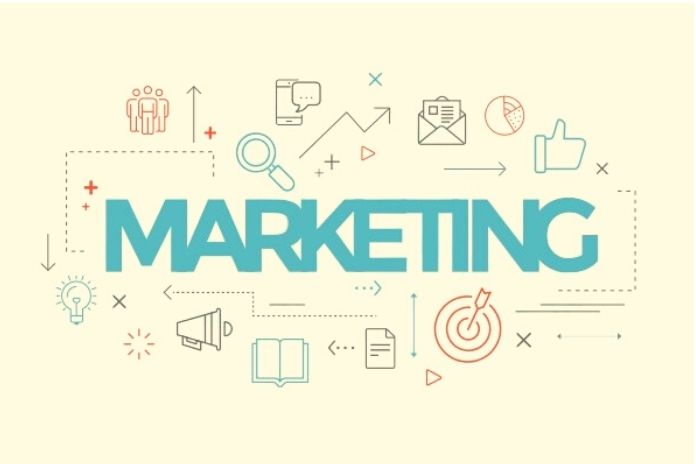Digitization has significantly changed the marketing strategy in many companies. Instead of relying on the application. Today’s customers want the product to find them, not the other way around. They expect the company to know their wishes and needs and a personalized approach on all channels in the B2B and B2C areas.
The digital age and the associated always-on mentality have meant that information must be available at all times to realize a perfect customer journey through seamless buyer experiences. The new digital customer poses a significant challenge for companies‘ marketing strategy, which can only be achieved through a fundamental transformation of all business processes that can be mastered. Marketing is also affected by this – from the promotional role in Marketing 4.0, the marketer becomes the personal tour guide of every customer’s (dream) trip.
Marketing Strategy: Big Data As A Significant Challenge
But how can that work? How does an anonymous contact become a qualified lead? The magic word is big data and how to use it correctly. Easier said than done because 2.5 trillion bytes of data are created every day, and the marketer’s job is now to find the right way through the data jungle to have a complete view of every possible buyer. This includes prioritizing information, understanding its story, and using the data correctly to make decisions. With so much data going on, this seems like an impossible task, and in fact, most departments barely scratch the surface of what is possible with data and emerging technologies.
Marketing Strategy: Reliably Measure Success
The marketing manager has to find the right way to align all measures to the customer’s wishes, but the management also places higher demands on their department. With increasing budgets for marketing, it is expected that the department will be directly involved in the growth in sales and that it will be able to demonstrate this. In the past, a sensational advertising campaign in print media or television was enough to arouse customer interest. Once they found their way to the product, the CMO could hand the potential buyer over to the sales team and sit back and relax.
This role has changed in digital marketing. Here, the marketer takes on much more responsibility in multi-channel communication in real-time, measures for customer loyalty, or personalized offers. These new Marketing 4.0 technologies cost money, of course, and no CFO will accept increasing expenses without expecting a concrete ROI. In addition to dealing with big data and sales growth, there is now a third challenge for the marketing team: measuring marketing success and thus demonstrating the positive effects on the business.
Marketing Strategy: The Creation Of Complete User Profiles
The question now is: How can the marketing department deal with these increased challenges? Hiring more staff is one solution, but it will hardly lead to the desired success. Evaluating the mass of information that has to be analyzed every day goes far beyond what is humanly possible. That is why more and more companies are dealing with marketing automation tools that experts now consider indispensable.
The software-supported method creates user profiles based on the behavior of the users and thus enables the individual communication desired by the digital customers. Automation starts with receiving a lead, for example, an email address. Every further interaction of the user, for instance, with the website, advertisements or social media posts, leads to the enrichment of the profile, which can reach a very high level of maturity over a certain period.
Increase Customer Loyalty With Marketing Automation Solutions
Anyone who decides to use a marketing automation solution to increase customer loyalty should ensure that the tool offers extensive functions. “An optimal solution ensures that the software has an overview of all digital activities of the target group, records them automatically and uses them for campaigns to address each individual directly and individually. This also includes an analytics tool to show, in addition to the constant optimization of all activities, what influence the marketing measures have on the company and sales,”.
Another great advantage of automation is that both the marketing and sales departments have the same information and work together optimally. The automation of marketing measures leads to better customer knowledge and significantly optimizes internal work processes. In addition, the marketing strategy is consolidated and checked because whether the theory is correct can be seen when sketching the individual work steps in the tool.
Digital transformation affects all business processes. Today, the marketing department demands converting anonymous contacts into leads and picking up and accompanying interested parties for the perfect customer journey. To optimally exercise this new role, the use of new technologies such as marketing automation is recommended. The data-based solution is used to contact the ideal customer within the sales funnel and send the right message at the right time and make marketing measures measurable with analysis tools for the management.
ALSO READ: Digital Transformation: 10 Important Predictions For The Next Decade

